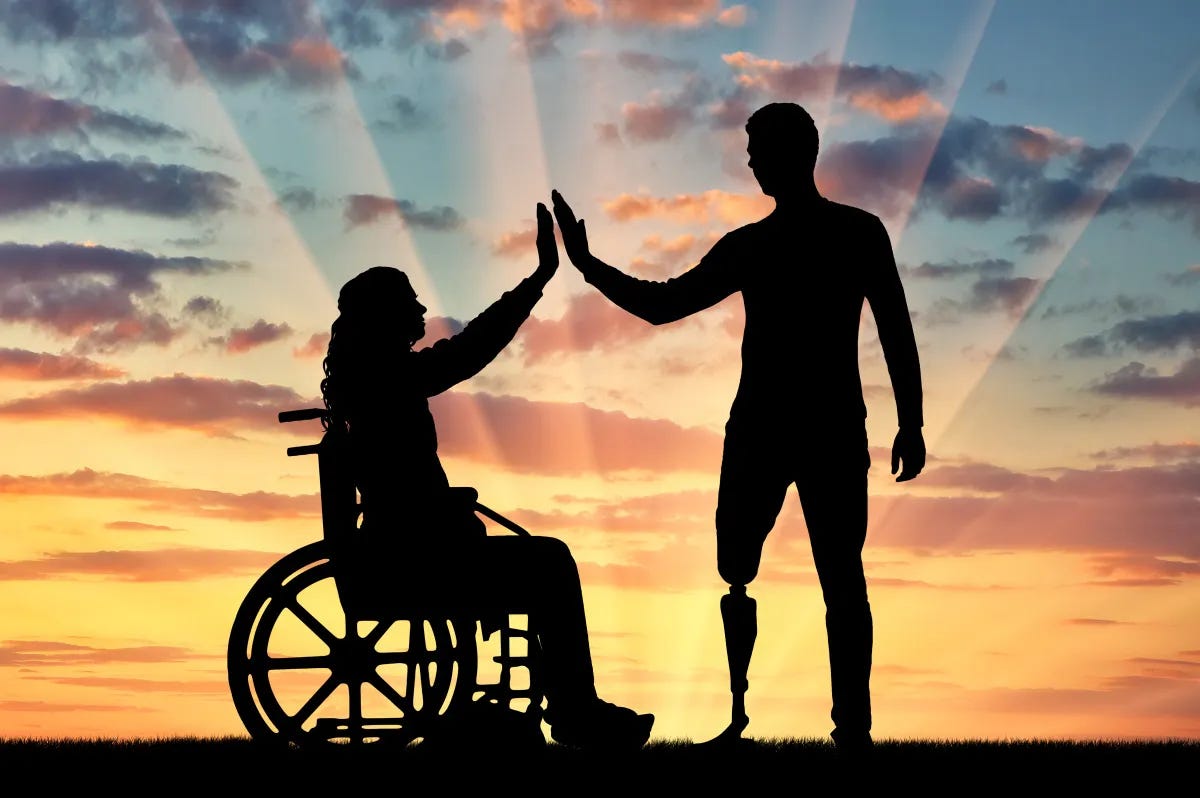Creating an Inclusive Community for Equitable Access to Water, Sanitation and Hygiene
Access to clean water, proper sanitation, and good hygiene practices are basic human rights that allow all people to live with dignity and health. However, worldwide, millions still lack reliable access to these essentials. Those affected face increased risks of illness, safety issues, and social exclusion. Nowhere is this inequality more noticeable than for people with disabilities, who encounter ongoing barriers undermining their well-being and rights.
People with disabilities make up about 15% of the global population, according to the World Health Organization. In many countries, they are also among the most disadvantaged and excluded members of society. In Nigeria, over 27 million people are excluded due to disabilities. Too often, infrastructure, programs, and services are designed without considering diverse physical and cognitive abilities. As a result, barriers to accessing basics like water and sanitation facilities are commonplace.
These challenges are especially pronounced in rural and underserved communities. Getting clean drinking water may require traveling long distances across difficult terrain and carrying heavy containers. Reaching pit latrines or flush toilets can be impossible without ramps, handrails, and spacious stalls for independent access. Many also lack effective hygiene education in accessible, inclusive formats.
The combined impact of these obstacles creates immense hardship, threatening human rights and well-being. The inability to independently access water sources with dignity increases vulnerability to abuse and neglect. Health suffers due to inadequate hygiene and sanitation use. Isolation and exclusion grow as basic daily living activities become dependent on others. Poor accessibility and accommodations ultimately restrict independence, community participation, and quality of life.
Meaningful progress requires collaborative efforts across all of society. Governments must strengthen legal protections and adopt inclusive policies mandating disability access in all development initiatives. Corporations and organizations providing vital water and sanitation services have a duty to consult disability advocates and embrace universal design. Training programs can improve employee and contractor understanding of diverse needs.

Grassroots community-level solutions also play a key role. Programs led by people with lived experience of disability that improve infrastructure, provide education, and build support networks are most impactful. Individual actions matter too – from volunteering time and spreading awareness to advocating for leaders to prioritize and fund inclusion efforts.
Ensuring accessibility to basic rights like water and sanitation for all members of society is a moral obligation. With empathy, compassion, and solidarity, we can build a just world where the needs of people of all abilities are equitably met.
